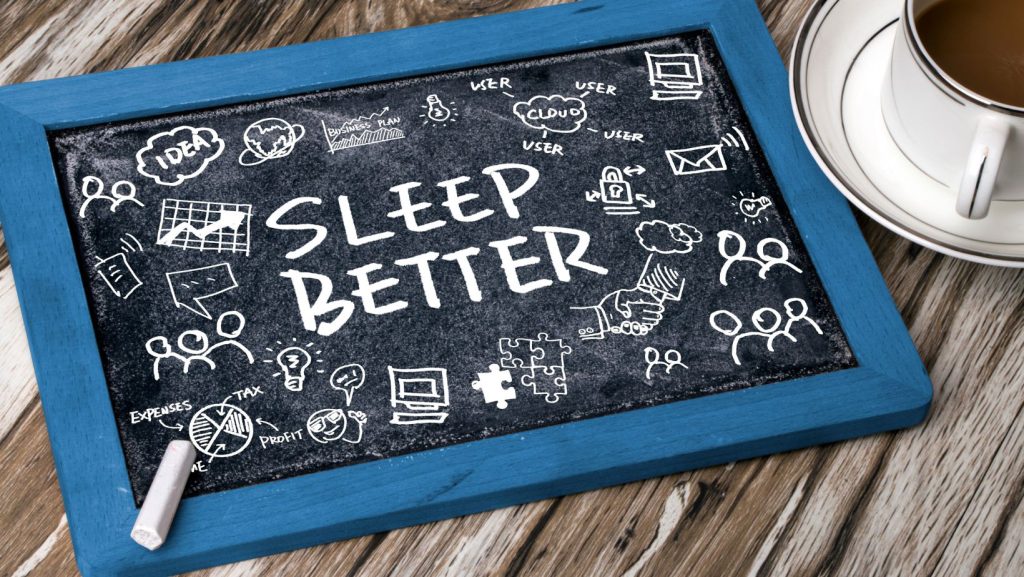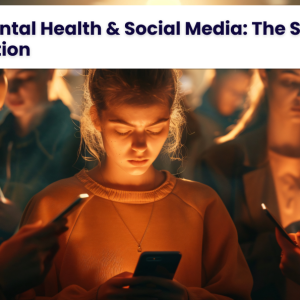
In a world buzzing with activity and constant stimulation, achieving quality sleep can often feel like an elusive dream. Yet, the importance of a good night’s sleep cannot be overstated when it comes to our overall health and well-being.
From boosting immune function to enhancing cognitive performance, sleep is a cornerstone of a healthy lifestyle. In this blog, we’ll explore practical tips for better sleep, offering insights and strategies to help you make the most of your nightly rest and wake up feeling refreshed.
Practical tips for Better Sleep
- Prioritize Consistent Sleep Patterns: Establishing a consistent sleep schedule is crucial for regulating your body’s internal clock. Aim to go to bed and wake up at the same time every day, even on weekends. Consistency reinforces your body’s natural sleep-wake cycle, helping you fall asleep more easily and wake up feeling more refreshed.
- Create a Relaxing Bedtime Routine: Establishing a calming bedtime routine signals to your body that it’s time to wind down. Engage in activities that promote relaxation, such as reading a book, taking a warm bath, or practicing gentle stretching. Avoid stimulating activities and bright screens, as they can hinder the production of the sleep hormone melatonin.
- Optimize Your Sleep Environment: Make your bedroom a sanctuary for sleep by optimizing its environment. Keep the room cool, dark, and quiet. Invest in a comfortable mattress and pillows that provide proper support for a restful night’s sleep. Consider blackout curtains to block out external light, and use earplugs or a white noise machine to drown out any disruptive sounds.
- Mind Your Mattress and Pillows: The right mattress and pillows play a significant role in sleep quality. Assess your mattress for signs of wear and tear, and consider replacing it if necessary. Pillows should provide proper support for your head and neck. Experiment with different pillow types to find what works best for you, whether it’s memory foam, feather, or a combination.
- Limit Screen Time Before Bed: The blue light emitted by screens can interfere with the body’s production of melatonin, the sleep hormone. Aim to reduce screen time at least an hour before bedtime. Consider using a “night mode” on your devices, which reduces blue light exposure, or wearing blue light-blocking glasses.
- Watch Your Diet: Be mindful of your food and drink intake, especially close to bedtime. Avoid heavy meals, spicy foods, and caffeine in the hours leading up to sleep. While a light snack before bedtime can be beneficial, large meals and certain foods may cause discomfort and disrupt sleep.
- Stay Active During the Day: Regular physical activity is linked to better sleep. Aim for at least 30 minutes of moderate exercise most days of the week. However, try to finish exercising at least a few hours before bedtime, as exercising too close to bedtime may have the opposite effect.
- Limit Naps: While short naps can be rejuvenating, long or irregular napping during the day can interfere with nighttime sleep. If you need to nap, keep it short (20-30 minutes) and earlier in the day to avoid disrupting your sleep-wake cycle.
- Manage Stress: Stress and anxiety can be major impediments to quality sleep. Practice stress-reducing techniques such as deep breathing, meditation, or yoga to calm your mind before bedtime. Consider keeping a journal to jot down any worries or thoughts that may be keeping you awake.
- Create a Comfortable Sleep Atmosphere: Make your bedroom a comfortable and inviting space. Invest in cozy bedding, use soft lighting, and consider incorporating calming scents like lavender through essential oils or sachets. The more inviting and peaceful your sleep environment, the more conducive it is to a restful night.
- Limit Liquid Intake Before Bed: While staying hydrated is essential, try to limit your liquid intake in the hours leading up to bedtime to reduce the likelihood of waking up for bathroom trips during the night.
- Expose Yourself to Natural Light: Exposure to natural light during the day helps regulate your body’s internal clock. Aim to get outside for at least 30 minutes each day, especially in the morning. Natural light exposure during the day promotes alertness and contributes to better sleep at night.
- Address Sleep Disorders: If you consistently struggle with sleep despite making lifestyle changes, it may be a sign of an underlying sleep disorder. Conditions like sleep apnea, insomnia, or restless leg syndrome can significantly impact sleep quality. If sleep problems persist, consult with a healthcare professional or sleep specialist.
- Be Mindful of Medications: Some medications can interfere with sleep. If you’re experiencing sleep difficulties and are on medication, consult with your healthcare provider to discuss potential adjustments or alternative options that may be less disruptive to sleep.
- Consider Natural Remedies: Some individuals find relief from sleep difficulties through natural remedies such as herbal teas (like chamomile or valerian root), aromatherapy, or relaxation techniques. Experiment with these options to find what works best for you.
- Seek Professional Help: If you’ve tried various strategies and continue to struggle with sleep, it’s crucial to seek professional help. A healthcare provider or sleep specialist can assess your sleep patterns, identify underlying issues, and recommend appropriate interventions.
Conclusion
Quality sleep is a non-negotiable component of a healthy lifestyle. By incorporating these practical tips into your routine, you can create an environment and habits conducive to better sleep. Remember that establishing good sleep hygiene is a gradual process, and consistency is key. As you prioritize your sleep, you’ll likely experience not only improved rest but also enhanced overall well-being, cognitive function, and resilience to daily challenges. So, embrace the journey to better sleep, and let each night be a step towards a more energized, focused, and fulfilling life.





